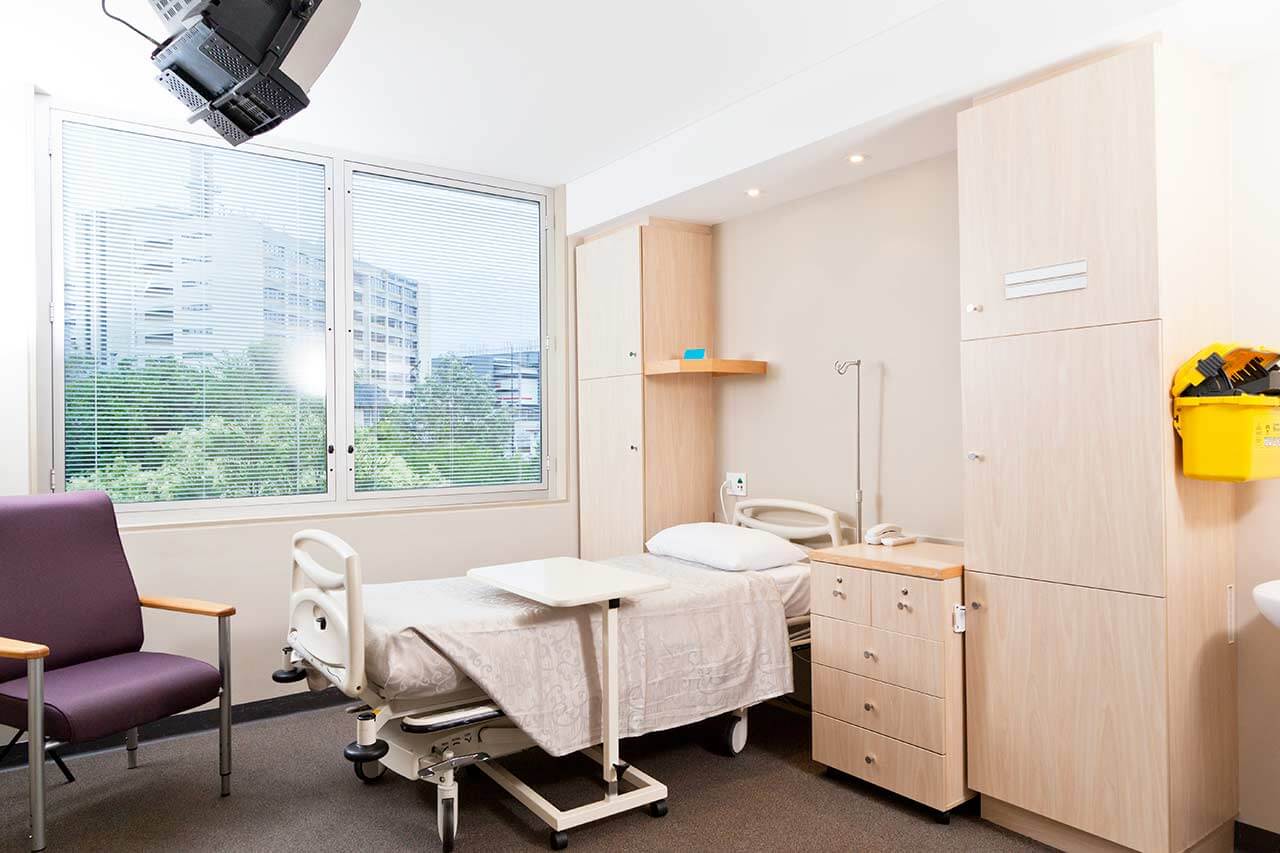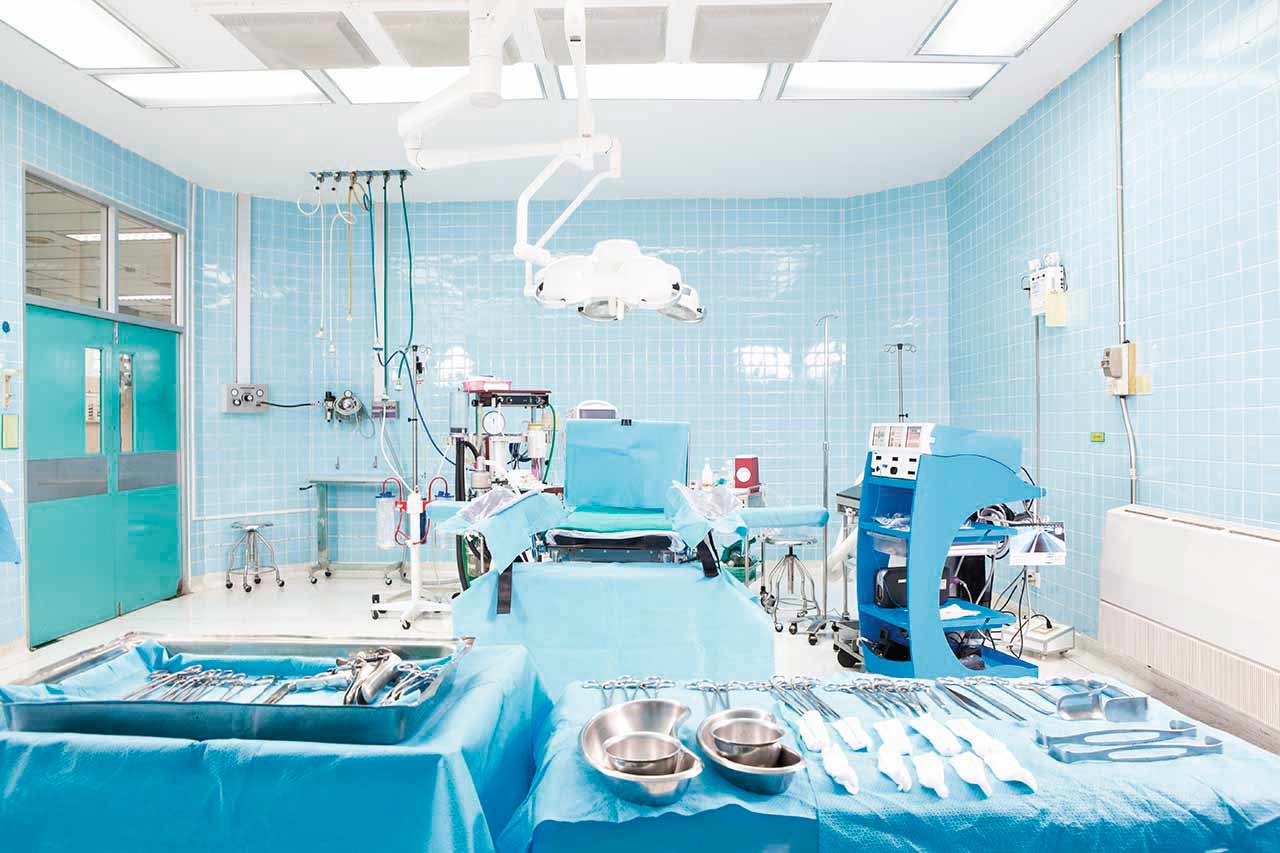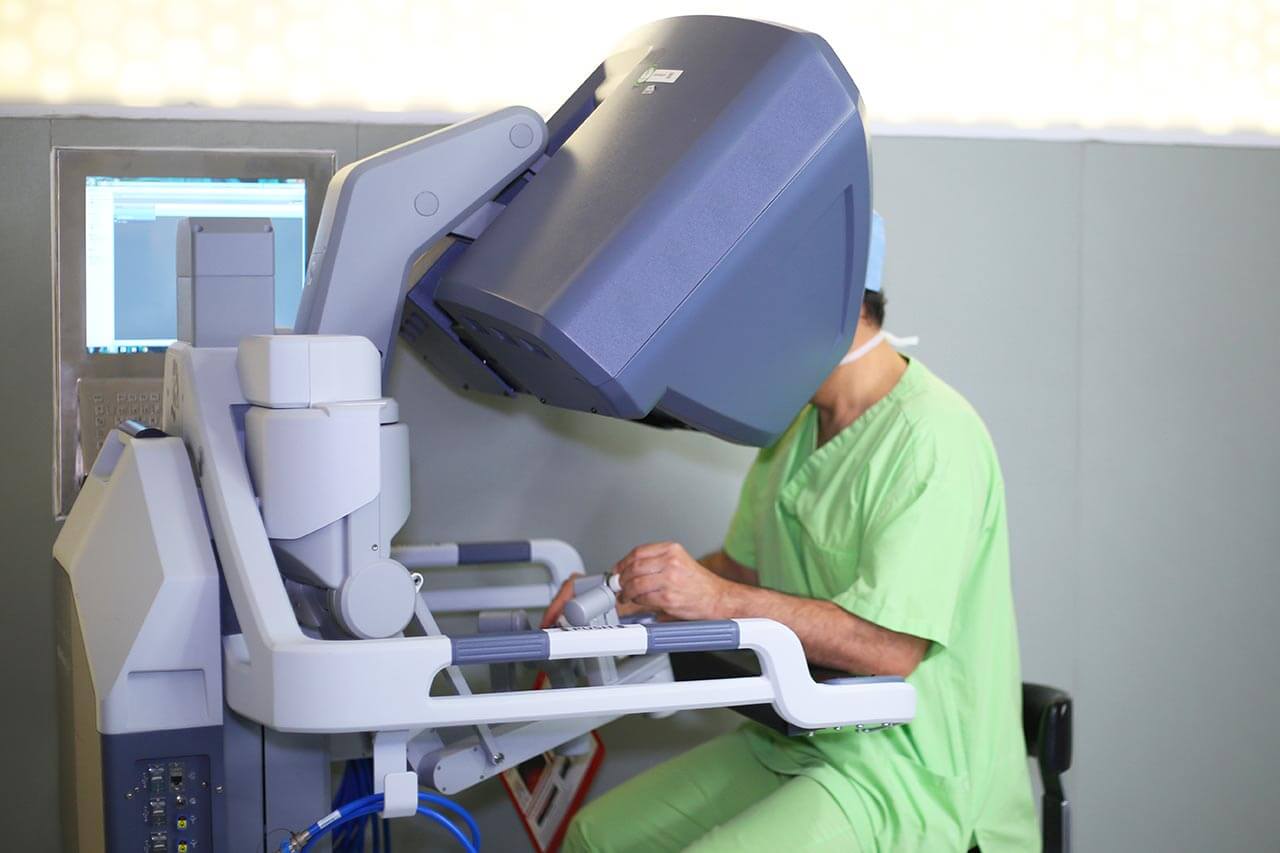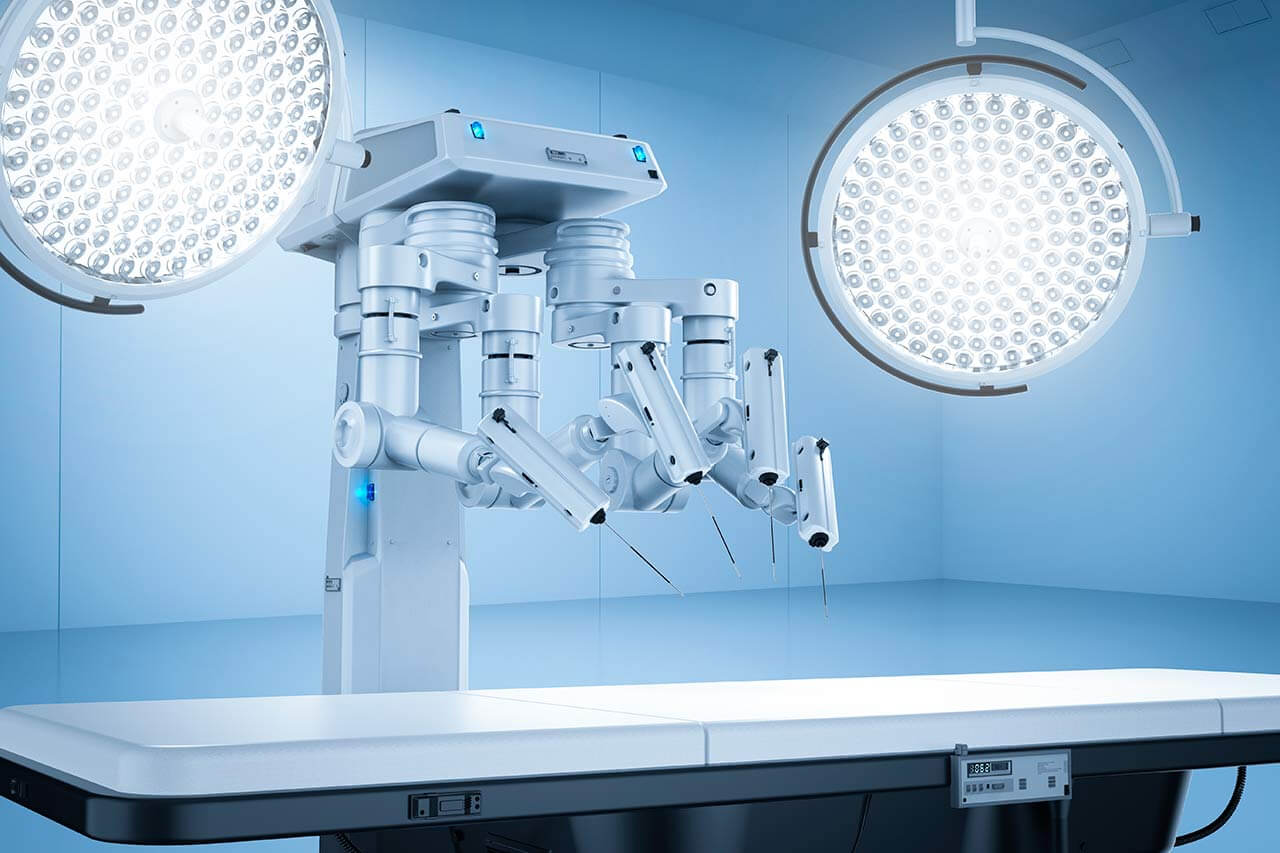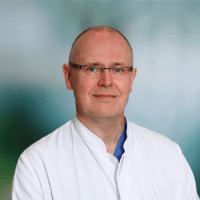
The program includes:
- Initial presentation in the clinic
- clinical history taking
- review of medical records
- physical examination
- laboratory tests:
- complete blood count
- biochemical analysis of blood
- thyroid function test (TSH-basal, fT3, fT4)
- mineral metabolism analysis (Na, K, Ca, Mg)
- lipid metabolism (HDL/LDL, cholesterol, triglycerides,
Lip(a), homocysteine) - iron content (ferritin, iron)
- blood coagulation analysis (aPTT, PT, INR)
- metabolic status (uric acid, total glucose, HbA1c)
- inflammatory parameters (CRP, ESR)
- cardiovascular disease risk markers
- vascular system assessment
- lung function test (Spirometry)
- resting and exercise ECG
- vessel elasticity measurement
- Holter monitoring (24h)
- body fat and water examination
- color doppler echocardiography
- color doppler sonography of cerebral vessels
- preparation according to preoperative standard
- pacemaker implantation
- symptomatic treatment
- control examinations
- the cost of essential medicines and materials
- nursing services
- full hospital accommodation
- explanation of future recommendations
Required documents
- Medical records
- ECG (if available)
Service
You may also book:
 BookingHealth Price from:
BookingHealth Price from:
About the department
The Department of Internal Medicine, Diagnostic and Interventional Cardiology, Gastroenterology and Diabetology at the Asklepios Municipal Hospital Bad Wildungen provides the high-precision diagnostics and comprehensive treatment in the areas of its specialization. The department's competent doctors admit patients with diseases of the cardiovascular system, gastrointestinal tract, all types of diabetes mellitus, pathological kidney lesions caused by heart diseases and diabetes mellitus. The patients are provided with modern diagnostics using advanced medical equipment, including diagnostic cardiac catheterization, as well as conservative and interventional treatment without a full-fledged surgical intervention. Should surgery be required, the specialists from the Department of General and Abdominal Surgery will be involved in the process. Each patient is provided with a personalized treatment, taking into account his particular needs and wishes. The department is headed by Dr. med. Dieter Puplat.
The department's primary focus is to provide medical care to patients with acute and chronic heart diseases. To assess the state of the cardiovascular system and the functioning of the heart, the department uses various diagnostic tests, including echocardiography, resting and stress electrocardiography, 24-hour Holter monitoring, blood pressure measurement, etc. If required, the doctors also carry out such interventional diagnostic procedures as coronary angiography, intravascular ultrasound, intracoronary Doppler scanning of coronary circulation and others. After comprehensive diagnostics, the cardiologist establishes an accurate diagnosis for the patient and elaborates the optimal treatment regimen. Such cardiac pathologies as ischemic heart disease, cardiac arrhythmias, heart valve defects and myocardial diseases are the most commonthe the department's clinical practice. The first line therapy is drug therapy, electrical cardioversion and other conservative techniques. The patients with severe cardiac arrhythmias are offered interventional procedures to implant pacemakers and defibrillators. To treat obstructions and stenosis in the coronary arteries, the department's cardiologists perform interventional procedures to implant stents. The department also has the Chest Pain Unit for providing emergency medical care to patients with acute coronary syndrome.
The department's gastroenterologists specialize in the diagnostics and treatment of inflammatory bowel diseases, stomach diseases, irritable bowel syndrome, food intolerance, gallbladder diseases and others. The diagnostics involves the use of both laboratory tests and endoscopic examinations (for example, gastroscopy, colonoscopy, rectoscopy). The department's therapeutic options in the field of gastroenterology cover drug therapy and endoscopic procedures – removal of polyps, gastrointestinal bleeding control, etc.
The department also deals with the treatment of patients with type 1,2 diabetes mellitus, gestational diabetes mellitus and complications of these pathologies. The treatment is based on blood sugar monitoring. For this purpose, the patients are prescribed diet therapy, insulin pump therapy and continuous glucose monitoring. The patients with diabetes mellitus undergo treatment in accordance with the requirements of the German Diabetes Society. As of today diabetes mellitus remains an incurable pathology, and therefore the main task of the department's doctors is to prevent its progression and the development of complications.
The department's range of medical services includes:
- Diagnostics and treatment of cardiovascular diseases
- Coronary heart disease
- Acute coronary syndrome
- Cardiac arrhythmias
- Heart failure
- Heart valve diseases
- Myocardial diseases
- Diagnostics and treatment of gastrointestinal diseases, including diseases of the liver, pancreas and biliary tract
- Inflammatory bowel disease (Crohn's disease and ulcerative colitis)
- Stomach ulcers
- Irritable bowel syndrome
- Irritable stomach syndrome
- Appendicitis
- Gastritis
- Food intolerances, for example celiac disease
- Swallowing disorders and esophageal inflammatory diseases
- Gallstone disease
- Diagnostics and treatment of diabetes mellitus
- Type 1 diabetes mellitus
- Type 2 diabetes mellitus
- Gestational diabetes mellitus
- Diagnostics and treatment of rheumatic diseases
- Diagnostics and treatment of pathological kidney lesions due to previous heart diseases and diabetes mellitus
- Diagnostics and treatment of arterial hypertension
- Diagnostics and treatment of other pathologies
Photo of the doctor: (c) Asklepios Kliniken GmbH
About hospital
The Asklepios Municipal Hospital Bad Wildungen positions itself as a modern medical facility, which is focused on the provision of high-quality medical services using state-of-the-art medical technologies and advanced treatment methods. The hospital pays great attention to an individual approach to each patient, which is the basis for a successful treatment result. The medical complex enjoys the status of an academic hospital of the Philipps University of Marburg, thanks to which it has access to innovative medical developments, trains medical students and conducts advanced training for doctors. In addition, the medical facility is part of the Asklepios Kliniken GmbH – one of the three largest and most famous private medical networks in Germany.
The hospital has 10 specialized departments, as well as two interdisciplinary centers and an emergency medical service. The medical team of the hospital, which consists of more than 420 specialists, successfully treats simple common and especially complex diseases of the cardiovascular system, respiratory tract, musculoskeletal system, nervous system, spine, urinary system, etc. The Department of Radiology and the in-house laboratories serve for various diagnostic tests, which allow the doctors to establish an accurate diagnosis and develop the most effective treatment regimen, taking into account the particular clinical case of the patient. The hospital has 195 beds for patient hospitalization, and also provides medical care on an outpatient basis.
The special focus of the clinical activities of the medical facility is surgical treatment. The surgeons from various medical fields with brilliant success perform surgery to treat various diseases of the gastrointestinal tract, blood vessels, neurosurgical diseases, as well as interventions to treat orthopedic diseases. The hospital includes a certified Centre for Endoprosthetics (certified by the German Society of Orthopedics and Trauma Surgery), specializing in knee, hip and shoulder replacement surgery. The surgical treatment involves the use of modern medical technology, laparoscopic surgical techniques, state-of-the-art 3D imaging systems and navigation systems in order to ensure the highest level of safety of surgery.
Despite the many technical innovations in the hospital, the focus of the medical staff is on the patient, his health and comfort. The doctors' work with patients is based on respect and humanity.
Photo: (с) depositphotos
Accommodation in hospital
Patients rooms
The patients of the Asklepios Municipal Hospital Bad Wildungen live in comfortable single and double rooms. Each patient room has a separate bathroom with shower and toilet. The standard patient room furnishings include an automatically adjustable bed, a bedside table, a wardrobe, a TV, a radio and a telephone. The use of mobile phones in some buildings of the hospital is prohibited. The hospital also offers accommodation in a special section called Privita with enhanced-comfort patient rooms, the living conditions in which correspond to the level of rooms in a top-class hotel.
Meals and Menus
The patient and the accompanying person are offered tasty and balanced three meals a day. If for some reason you do not eat all foods, you will be offered an individual menu. Please inform the medical staff about your food preferences prior to treatment. The patients staying in the enhanced-comfort rooms are provided with an individual menu every day.
Further details
Standard rooms include:
Religion
The religious services are available upon request.
Accompanying person
During the inpatient program, the accompanying person can live with the patient in a patient room or a hotel of his choice. Our managers will help you choose the most suitable option.
Hotel
During an outpatient program, the patient can stay at the hotel of his choice. Our managers will help you choose the most suitable option.
